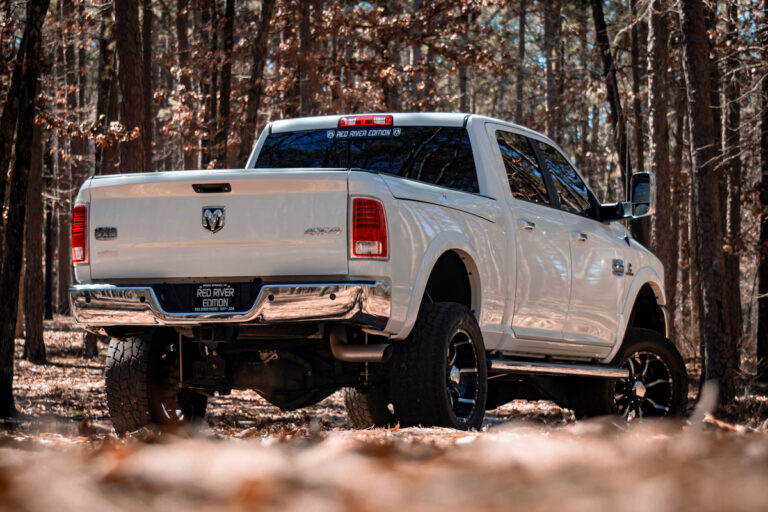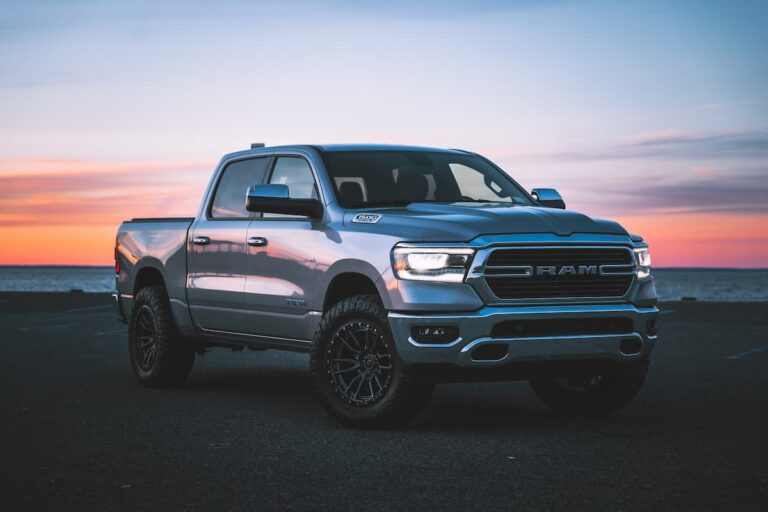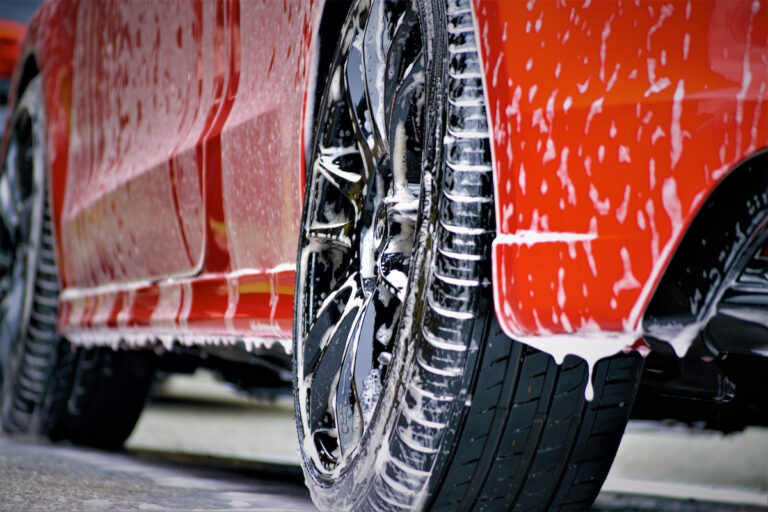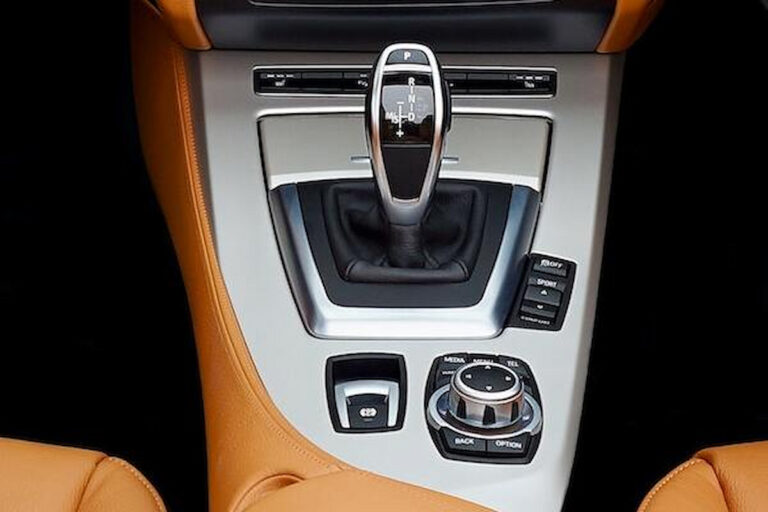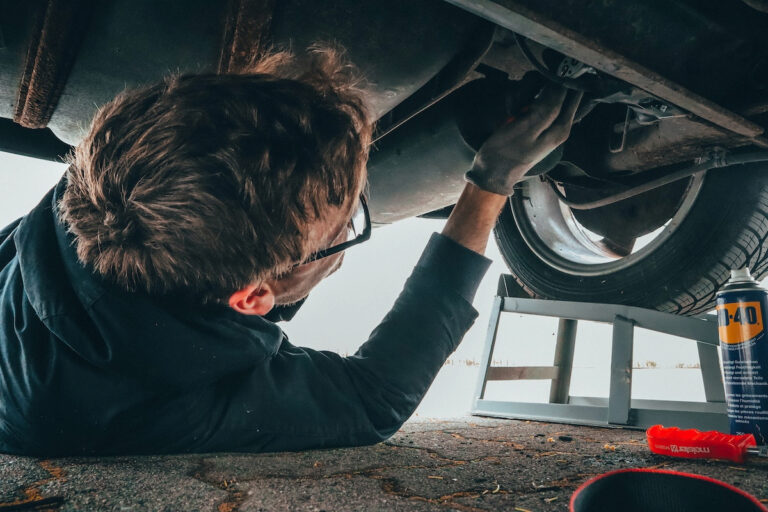What Causes A Dodge Ram 1500 To Overheat? (6 Reasons)
If your Ram 1500 has started overheating, you’ll need to figure out why.
Driving an overheated vehicle can cause serious damage to your engine and transmission.
A Ram 1500 can overheat for many reasons. Typically, engines overheat due to one of six causes: a coolant leak or low coolant levels, a broken radiator fan, a failing water pump, low oil, or a faulty thermostat.
6 Reasons a Ram 1500 is Overheating
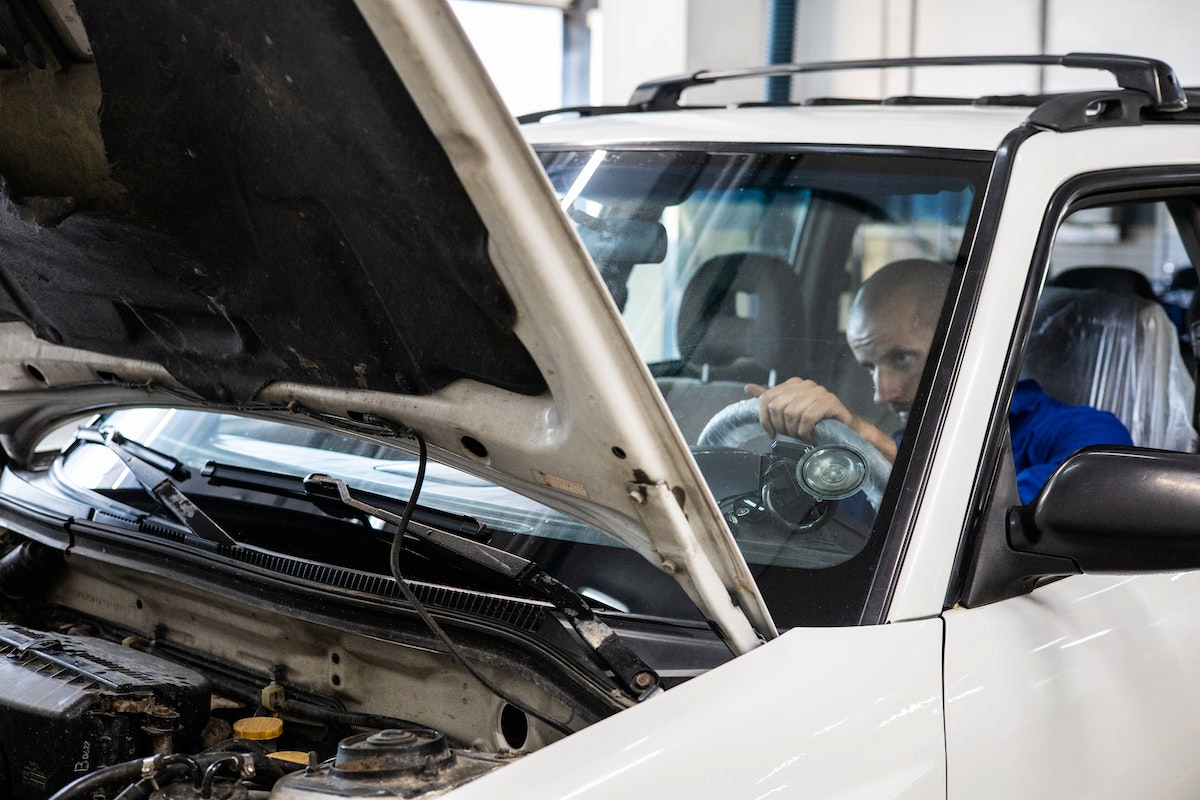
Overheating has several causes and is one of the most common problems in motor vehicles.
Determining why your truck overheats may require a bit of effort – you’ll have to check several areas to rule out potential causes.
The following highlights six main reasons a Ram 1500 is overheating.
Generally speaking, however, if you have engine trouble, the best move is to take your truck to a mechanic.
1. Too Little Coolant
When determining what makes your Ram 1500 overheat, it is best to start with the most common causes.
If your Ram 1500 is overheating, the first thing you should do is check your coolant levels.
Coolant is essential for regulating temperature and lubricating the moving parts of an engine, and low coolant is one of the main reasons a truck will overheat.
To check the coolant levels in your Ram 1500, follow these steps:
- Park your Ram 1500 on level ground to accurately read your coolant levels.
- Make sure the engine is cool.
- Open your hood by pulling the hood release above your pedals and releasing the safety latch under the hood.
- Locate the coolant reservoir (the transparent tank on the right-hand side of the engine).
- Check coolant levels.
You need more if the coolant level is below the “COLD” line.
2. Coolant Leak
Another common reason a Ram 1500 will overheat is a coolant leak.
One of the easiest ways to tell if your coolant is leaking is to monitor the coolant levels.
Generally, your coolant should last at least three years before you need more.
If it’s running out much faster than this, you likely have a coolant leak.
You can also check underneath your car after it’s been parked for a while – if you notice a puddle of coolant, you have a coolant leak.
Lastly, you can look at your radiator pipes and coolant reservoir.
If you notice bubbles inside, there is likely a hole allowing air into the system.
3. Broken or Faulty Radiator Fan
Besides engine overheating, some other signs point to a faulty radiator fan.
One common symptom of a broken radiator fan is a poor air conditioning system.
If the AC in your Ram stopped working around the same time the engine started overheating, your radiator fan is likely the issue.
When the fan is about to die or is not working correctly, you will hear a whirring or clicking sound under your hood.
If it stops working altogether, your vehicle will overheat easily.
If you notice any of these problems, you may require a new radiator fan.
4. Failing Water Pump
Since your engine and other moving parts create a lot of heat, you need everything in your cooling system to work properly, or you run the risk of an overheated truck.
A failing water pump can easily lead to overheating, and one common symptom of pump failure is leaking coolant.
Because your water pump has so many gaskets, they can easily wear out and leak coolant.
However, many issues with the cooling system can cause coolant leaks.
Inspect your water pump for holes or rust to narrow down the problem.
If you find either of these on your water pump or the connecting parts, you may need them replaced.
5. Low Oil
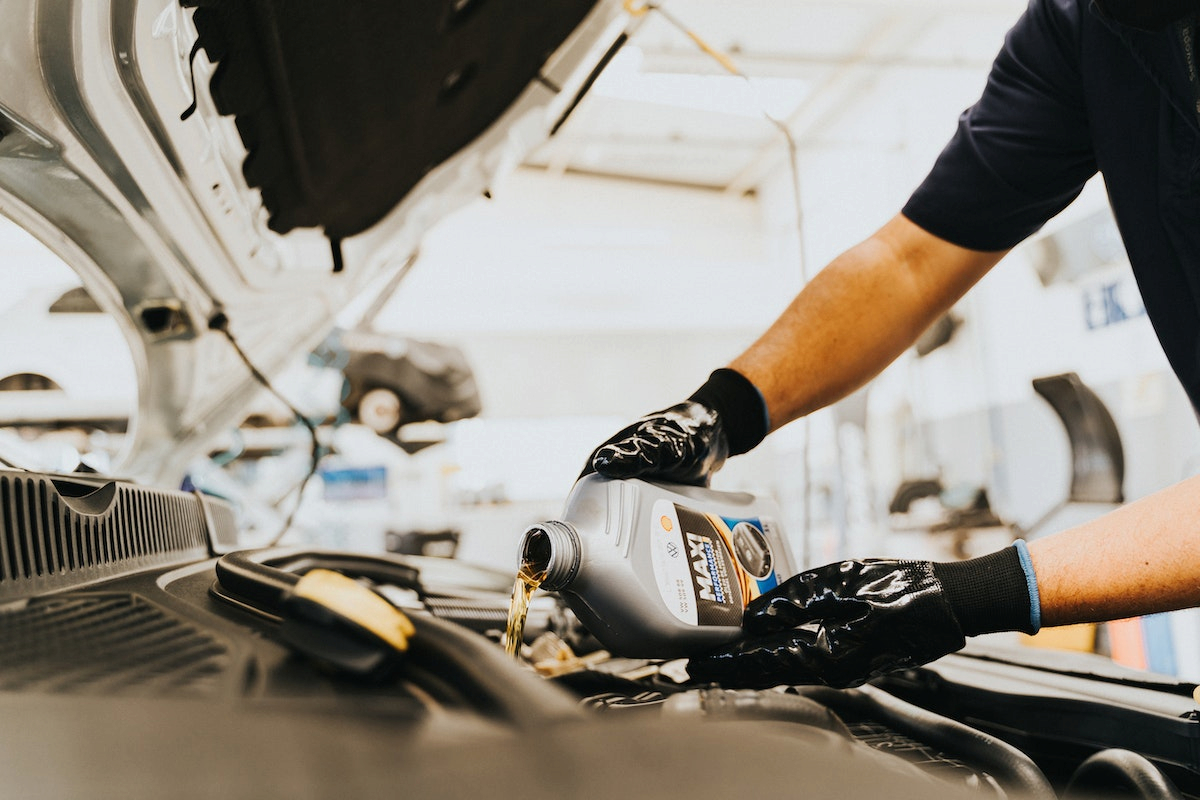
Many people assume the cooling system is to blame when a truck overheats, but this isn’t necessarily true.
Low engine oil can also cause a vehicle to overheat.
Oil helps remove heat and keeps friction in the engine to a minimum.
So, if your Ram 1500 is overheating, you may want to check the oil level.
How to check the oil in a Ram 1500:
- Park your Ram on level ground to get the most accurate reading.
- Open your hood by pulling the hood release above your pedals and releasing the safety latch under the hood.
- Locate the oil dipstick. In most Rams, the oil dipstick has a yellow, T-shaped handle that says ENGINE OIL.
- Pull the dipstick completely out of its tube.
- Wipe the oil off the dipstick.
- Re-insert the dipstick all the way back into the tube.
- Pull the dipstick out again.
- Check the levels on the dipstick.
The engine oil should be between the FULL and FILL (or ADD) lines on the dipstick.
You need more oil if the level is below the FILL or ADD line.
6. Bad Thermostat
If your thermostat is bad, it can affect the entire cooling system as your truck can’t properly regulate its temperature.
A simple sign your thermostat isn’t accurate is that your dashboard temperature gauge reads wildly different temperatures.
For instance, if your gauge regularly jumps from HOT to COLD (or vice versa) or reads HOT as soon as you turn on your truck, you likely have a thermostat problem.
If your thermostat has gone bad, you may also notice the air coming from your AC or heater is not the correct temperature.
Will Driving an Overheated Truck Cause Damage?

Continuing to drive a vehicle while it’s overheating can cause significant damage.
Essentially, when you keep driving an overheating truck, the engine steadily increases in temperature.
If the motor gets too hot, parts and systems will start to fail.
For one, an extremely overheated cooling system can cause hoses to burst, releasing boiling coolant.
Not only will you need to replace the hoses, but also any components damaged by the leaking coolant.
Most devastatingly, overheating can make your truck blow a head gasket, leading to extreme damage to the engine and transmission.
Conclusion
If the engine in your Ram 1500 has started overheating, you may want to take your truck to a mechanic.
There are several reasons a Ram 1500 may overheat, including leaking coolant or a lack of coolant or oil.
You can check fluid levels yourself; however, refilling them may not solve your problem.
Your Ram could be overheating if the thermostat, water pump, or radiator fan isn’t working properly.
If you suspect one of those is the issue, bring your truck to a professional to diagnose the problem.

